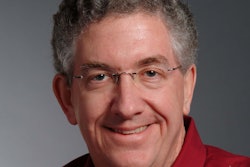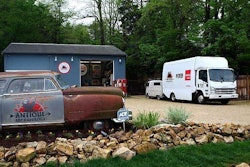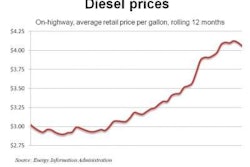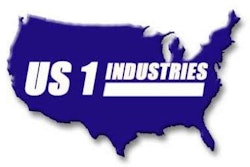Menlo Worldwide Logistics, the global logistics subsidiary of Con-way Inc., announced Wednesday, May 18, that it is expanding manufacturing support operations for Bobcat Co. and will be hiring about 35 additional employees in the next few weeks.
Menlo currently provides component logistics and supply chain management services for West Fargo, N.D.-based Bobcat through its Manufacturing Support Center in Bismarck. With the MSC facility at capacity, the company has decided to locate the expanded operations in a portion of Bobcat’s former assembly plant in Bismarck.
Menlo expects to use 25,000 square feet in the former Bismarck plant, complementing the 100,000-square-foot MSC facility it has operated for Bobcat since 2006. The Bismarck facility will serve as an extension of Menlo’s current scope of work and will provide preproduction engine machining, subassembly, kitting and delivery services.
“Menlo is proud of the valued partnership we have enjoyed with Bobcat, and we are very pleased to be awarded this expanded work,” says Joseph M. Dagnese, Menlo’s vice president of automotive and industrial. “These are complementary services that will deliver benefits to Bobcat through proven supply chain best practices, allowing Bobcat to leverage its core competencies and concentrate on the job of building great machines.”
Work will begin immediately to ramp up the expanded support operations, with a target completion in June. Menlo has provided component supply management, subassembly and logistics for Bobcat at the MSC facility, which is located at the Northern Plains Commerce Centre, since 2006. The company says it has assisted Bobcat in streamlining logistics operations, maintaining a staff of 120 employees at the MSC. Bobcat itself has an additional 145 employees in Bismarck.
“By relying on Menlo to take on more preproduction engine machining and subassembly work, we are able to free up resources at our Gwinner plant,” says Rich Goldsbury, president of Bobcat North America and Oceania. “This will support Bobcat product line expansions and new machine introductions related to Tier 4 emissions regulation changes.”










